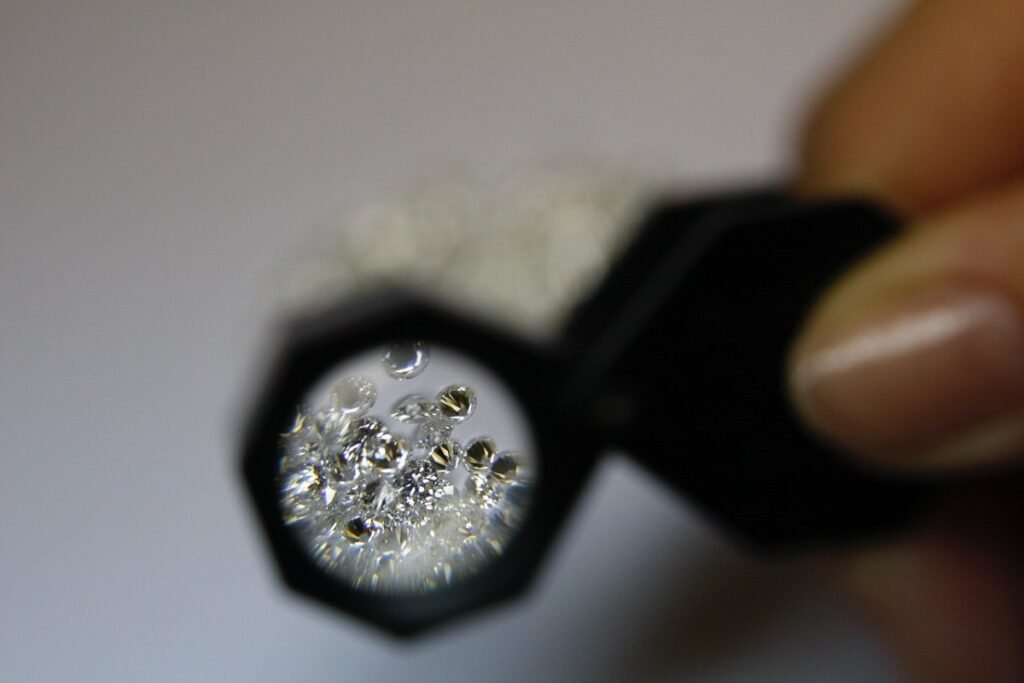IGI Vs GIA Certification: Which One Is Better? When you receive a diamond, what’s the first thing you think about? For some owners, it’s how brilliant the sparkle is. Others may zoom in on the unique or pretty shape of the diamond’s cut. There may also be jewelry enthusiasts who love the vivid colors, especially those with colored precious stones.
IGI Vs GIA Certification: Which One Is Better?
In some cases, expert or veteran jewelry collectors may also be very particular about the grading institution that the seller used for the diamond’s certificate. Regardless if it’s for a gift or an investment, it pays to have your diamond’s certification on you. It’s a matter of knowing which grading institution you may prefer, depending on what you need the certification for.
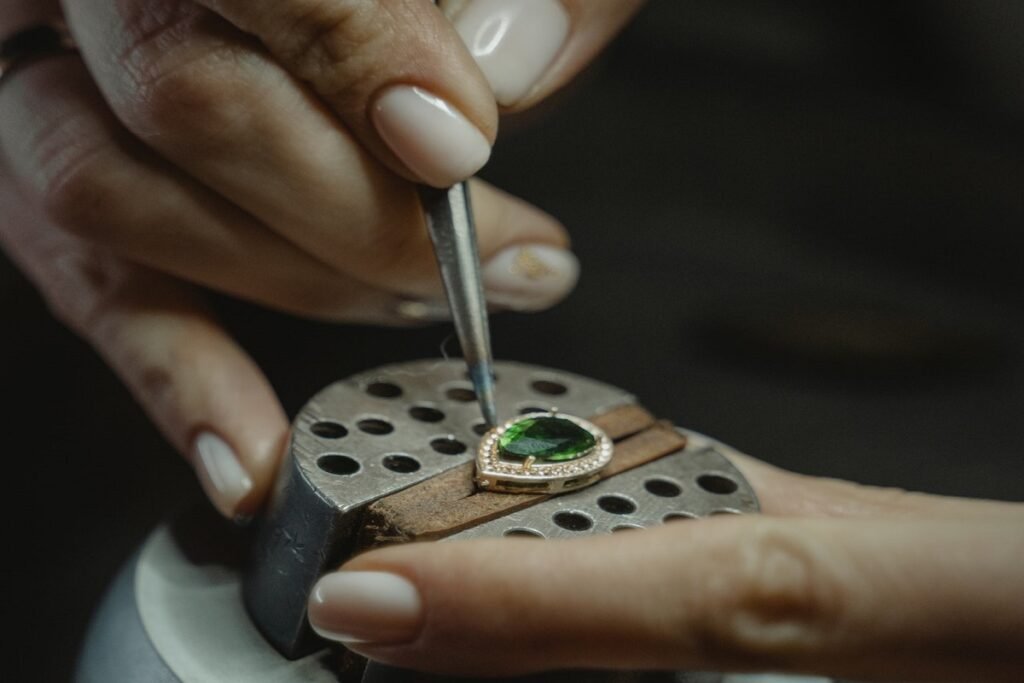
All about GIA
Anyone who has ever bought a diamond jewelry piece would be familiar with the Gemological Institute of America (GIA). Perhaps considered as the gold standard of the industry, the GIA certification is held in high regard among jewelers as a third-party diamond certification. It has been in the industry of diamond evaluation and analysis since 1931, and has become a globally-recognized standard for gem grading. In fact, even though it is based in America, many nations accept GIA-evaluated diamonds on paper.
According to Brilliance.com, the institute ensures quality grading by having at least four expert diamond graders and gemologists go through the diamond evaluation. It combines science and research in developing instruments used for diamond inspections. They also conduct random distributions of diamonds to graders, so that every evaluation goes through impartial eyes, giving it a more objective approach.
The GIA Grading Report and Dossier Report
GIA features two types of reports for diamonds. One can opt for the GIA diamond grading report if you have diamonds that are in the D to Z color range. The report offers a full analysis, showcasing the color, clarity, cut, and carat grades. It also includes evaluation for the polish, symmetry, and fluorescence of the diamond. A plotted diagram also comes the full analysis, as it states the characteristic points and proportions of your diamond.
For smaller diamonds in the 0.15 to 1.99 carats range, GIA offers a dossier report. While it does not feature the plotted diagram in the grading report, it includes all the necessary grading information, as well as an inscription and registry in the GIA’s official list. This may be one of your basis when deciding between IGI vs GIA certification.
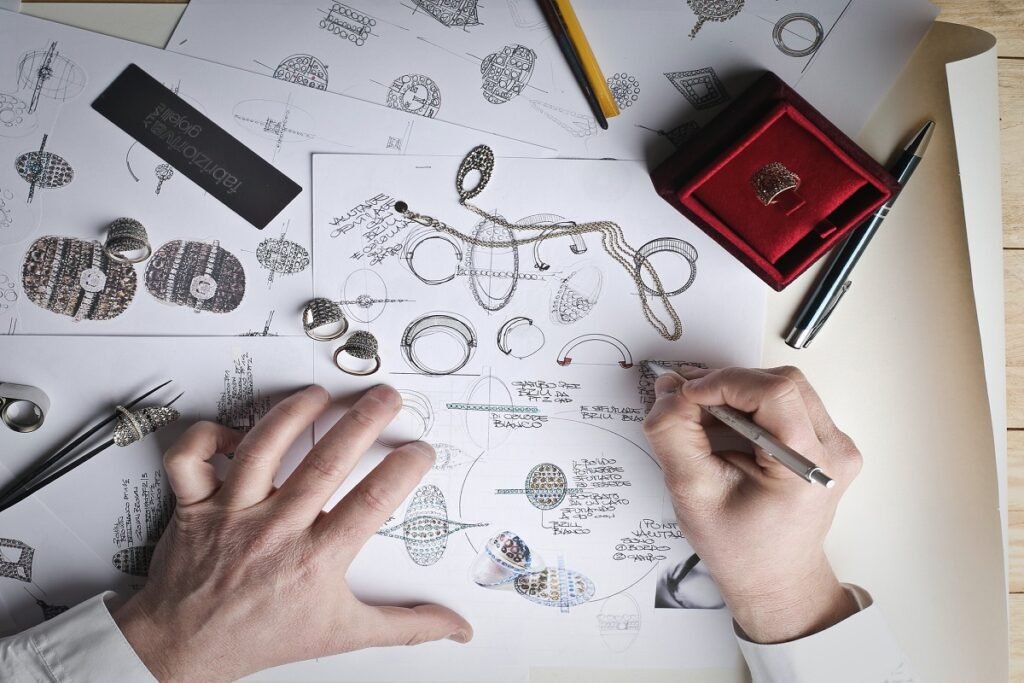
Do you need the certification?
Oftentimes, new jewelry collectors tend to ask this question. Some buy jewelry only for the purpose of wearing them, whereas others consider them as an investment. This may help you to decide if you need to have your diamond certified or not.
Having a certification assures you of your diamond’s origin and unique characteristics. Should you ever find yourself in a situation where you need to exchange the diamond for monetary compensation, a certification makes it easier to appraise the gemstone for sale.
However, certification won’t really matter if you plan on keeping your fine jewelry for a long time. It pays to have some documentation, but if it’s not included in your budget, you can set it for a later date.
So, what’s the difference between IGI and GIA? This may be the more important question for some, especially those who are not familiar with the former.
IGI: Understanding this Dynamic Rating
The International Gemological Institute prides itself for being the largest independent laboratory that conducts testing and grading of gemstones and fine jewelry. One of its strong suits lies in the grading and identification of fine jewelry, which is more challenging, given the various elements that come with it.
According to the institute, it can provide proper grading for heirlooms and intricate fine jewelry without having to take them apart and potentially compromising its integrity. Given this institute’s background, does IGI match all the requirements you need for assessing your jewelry? Here are a few things to note about IGI certifications.
What’s in an IGI assessment?
As a globally recognized institute charged with identifying and grading gemstones, the IGI ensures that its jewelry identification reports adhere to objective standards. A unique aspect of IGI is that it prides itself on being the leader in analysis of finished jewelry pieces.
For jewelry owners of heirlooms, this may be great news. Heirlooms tend to follow older-style settings, some of which may be far more complicated than modern styles. This makes disassembly even more tedious, if not dangerous to the integrity of the jewelry piece. IGI can analyze more complex heirlooms as is, as it provides appropriate leeway and considerations for its criteria.
Aside from this, the institute offers a thorough assessment that follows scientific approaches to get proper approximations of value. For customers, this means you can be more reassured of the approximate value of your jewelry, because of the standards that the IGI and its experts follow.
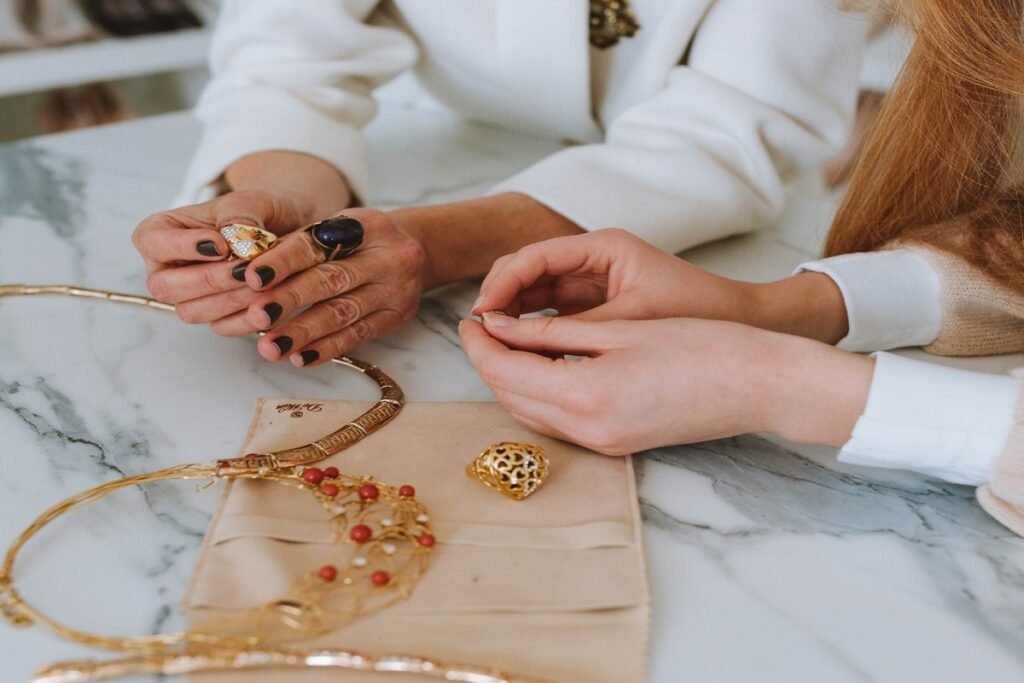
Is there a downside to using IGI certifications?
Certifications tend to reflect the standards by which you can rate your diamond. Think of it as proof of just how much your diamond is worth compared to others. Higher rated diamonds tend to be pricier, which is why certifications can hold a significant value for diamond owners.
Thus, it’s imperative to choose a diamond certifying organization that strives for consistency in grading. Stringent criteria in certification means you can be assured that your diamond’s quality gets reflected on official documents. Additionally, certifications that have higher standards tend to be accepted in more territories, making it easier to keep your fine jewelry as a good investment too.
Unfortunately, this may be a challenge to IGI certifications. Many experts and jewelry owners have noted slight inconsistencies with some IGI grading labs. According to sources, these inconsistencies range from an entire color grade between diamonds in the D to I color range, and one clarity grade difference for D to F rated diamonds.
This may not be a deal breaker for some. But if you are relying on your diamonds as an investment, then you may not see it as the best certification to use.
Is IGI as good as GIA?
If you’ve ever decided to get a diamond with an IGI certification, what does that entail for your fine jewelry? Some jewelry collectors tend to emphasize the limitations of this certification. Compared to GIA dossiers, IGI grading reports tend to have limitations on certain aspects. You may need to get the full grading report, but some may find this to be outside of their budgets or their plans.
Diamond sellers, on the other hand, may prefer the IGI certification. The IGI can be friendlier to sellers, because of the higher grading, which helps in justifying certain higher prices.
How Do You Certify a Diamond?
With all the different certifying labs and bodies around, one may wonder what goes on in the diamond certification process. And with more progressive buyers becoming more engrossed in getting ethical diamonds and gemstones, it’s not surprising that a good share of certifications also include lab-grown diamonds.
Between IGI vs GIA certification, both consider specific criteria when it comes to diamonds. The 4Cs: carat, cut, color, and clarity, which have been exemplified by GIA as the main points to consider for natural diamonds, often become the highlight of certifications. After all, this makes up a portion of the foundation for how much a diamond is worth.
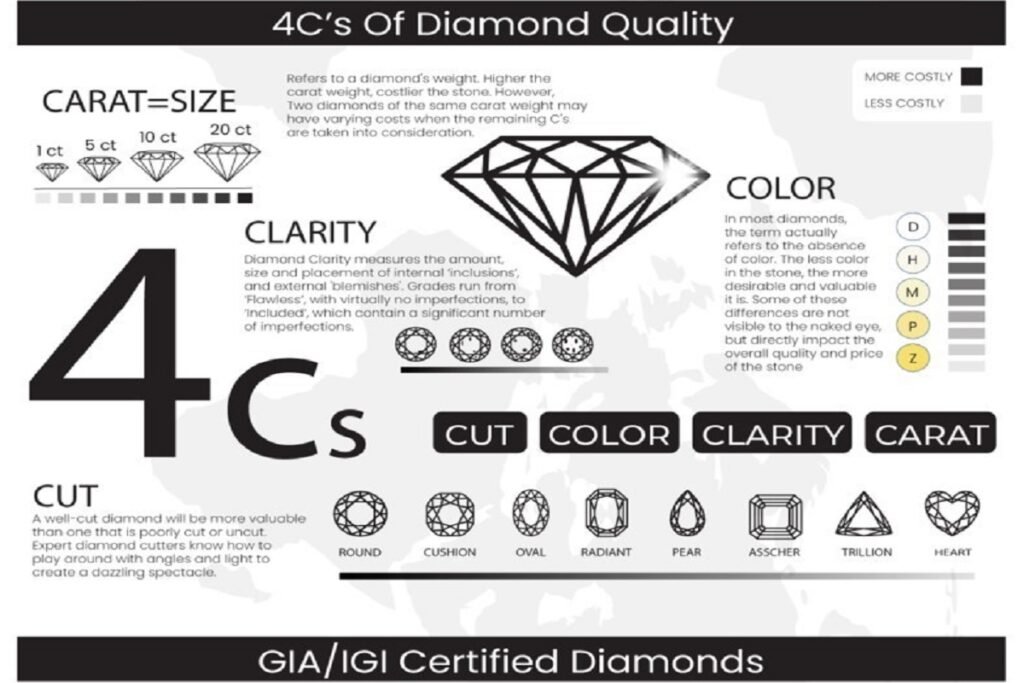
What about lab-grown diamonds?
Lab-grown diamonds also feature the unique facets of the 4Cs. Just because these diamonds are manufactured does not mean you don’t get a unique gemstone with each piece. Thus, these points are thoroughly considered when judging the quality of the diamond.
Even as more jewelry collectors prefer ethical diamonds, lab-grown diamonds have become more popular. But even these precious gemstones need to be certified, especially for owners who want proper documentation. Both IGI and GIA provide certification for ethically grown diamonds. The question for some jewelry enthusiasts remains: which one is better for this particular type of diamond?
How are lab-grown diamonds certified?
Similar to natural diamonds, lab-grown diamonds may be sent over to grading labs to get certified. Since diamond grading can be subjective, one good measure for a trusted grading lab is the extent of work that it has done.
While IGI has been known to come second when it comes to grading natural diamonds, it has been ranked the best when certifying lab-grown diamonds. What it may lack in consistency for natural diamonds, IGI seems to have done better for grown diamonds. The more certifications a lab makes for a certain type of diamond, the more you can have comparisons of its consistency.
That’s why in the IGI vs GIA certification debate, jewelry pros advise that you skip sending your lab-grown diamonds to GIA. Additionally, GIA is still beefing up its portfolio when it comes to lab-grown diamond certifications. Currently, many diamond sellers tend to opt for IGI certifications for their grown diamonds.
Is IGI reputable for lab diamonds?
If there is one area where IGI certification shines, it would be in the lab-grown diamond industry. IGI-certified lab-grown diamonds are far more common than those certified via GIA. Typically, IGI certifications consider clarity in the lab-grown diamond grading system. This is highly valued in the retail industry, as it makes for a more enticing diamond on paper.
Moreover, IGI has become reputable for lab-grown diamonds because of the many tests and certifications that have been passed from the lab. Consistency tends to be established the more trial runs become available. IGI appears to have focused on this aspect of its grading system, so more customers are likely to find IGI-certified lab diamonds better compared to its close competitor, GIA.
Compare Before You Buy
Seasoned jewelry collectors always do their research on every aspect of their jewelry. This includes considering other options and avenues for comparison. Nowadays, world connectivity has also allowed more jewelry collectors to have not only more options for purchase, but also for reviews from the community.
Asking advice: A community of jewelers
Some jewelers may prefer to go the IGI vs GIA Reddit way. This means tapping some individuals on platforms like Reddit or jewelry forums. Many jewelry collectors attest to this. They get more tips and advice for ensuring that they get the best certification possible.
Communities of jewelry collectors tend to expand one’s options and reach. And for some, these connections can even be a way for them to get to understand jewelry and styles even more.
In some cases, online communities of jewelry enthusiasts may even have their own sources for the IGI diamond certification price list. Because IGI may be questioned when it comes to consistency, your best bet may be scouting sources to compare online.
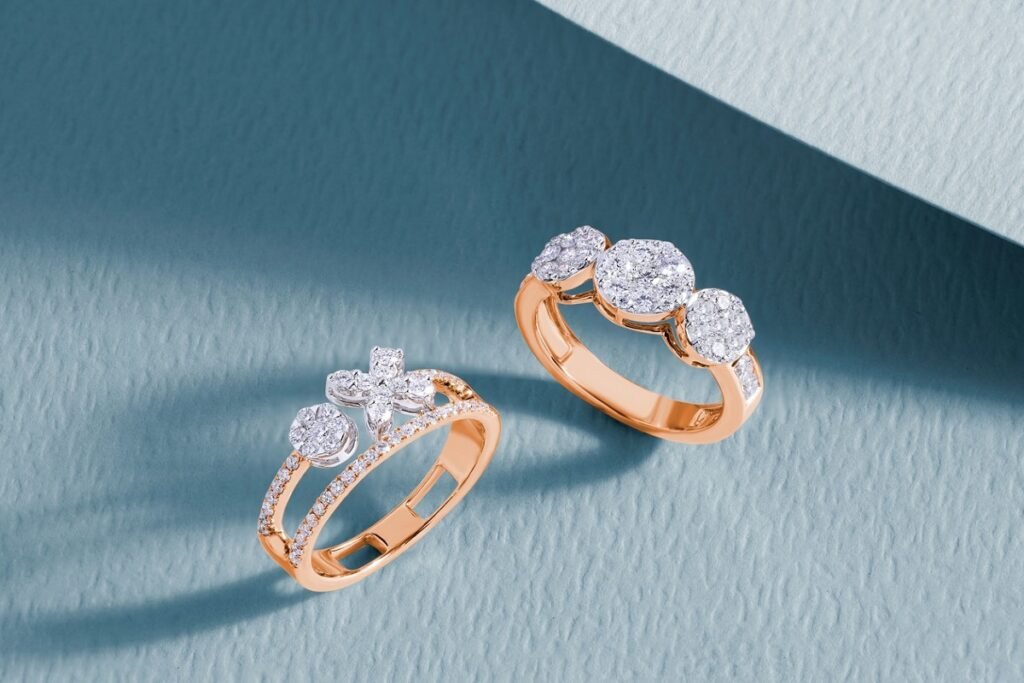
Buy certified diamonds if possible
If you are still shopping for a diamond, then you may want to be on the lookout for one that’s already certified. Remember, certifying your diamond also takes some resources, so eliminate that step while you can.
It also pays to see the certification upfront. Even when you’re on the fence with the question, “Which one is better GIA vs IGI?” look for sellers who choose to certify their diamonds by either institution. Buying uncertified diamonds puts you at risk for paying more than what a diamond is truly worth. And if you have a trusted seller, you can be sure that it would offer certified diamonds when you’re choosing your options.
Want to know more about the facets of diamonds considered in certifications? Check out “Why are Diamond Depth and Table Important?” to understand these important parts of a diamond.

